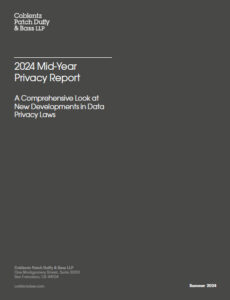A Santa Clara superior court jury awarded $14.2 million in damages to Sutter’s Place, Inc. dba Bay 101 (a California cardroom operating in San Jose) against its landlord, S.J. Bayshore Development LLC for breaching the parties’ lease agreement, while also rejecting all of S.J. Bayshore’s damages claims for concealment against two of Bay 101’s shareholders (Timothy Bumb and Ronald Werner) and S.J. Bayshore’s former general counsel (Loren Vaccarezza).
Bay 101 had claimed that S.J. Bayshore had refused to select an appraiser or conduct an appraisal of the underlying property on which the cardroom is located, thereby delaying Bay 101’s ability to exercise the option and buy the property. S.J. Bayshore had claimed that Timothy, Werner and Vaccarezza allegedly conspired against it to form what it claimed was an unfair lease and was seeking $54 million in damages.
Following a 26-day trial, which included both a four-day bench trial on equitable issues, and a nineteen-day jury trial on damages claims, the jury found that S.J. Bayshore’s conduct caused Bay 101 harm and awarded it $14.2 million in damages. The same jury also held that S.J. Bayshore was not entitled to any recovery on any of its claims. The jury deliberated for seven hours before returning its verdict.
“Bay 101 is grateful to the jury which was extraordinarily attentive and patient and is pleased that the cross-defendants, Timothy Bumb, Ron Werner and Loren Vaccarezza, have been vindicated from the personal and professional attacks that were advanced against them,” says Richard Patch of Coblentz Patch Duffy & Bass LLP.
Bay 101 and Timothy were represented by Richard Patch, Clifford Yin, Christopher Wiener, Ben Pulliam and Sarah Peterson of Coblentz Patch Duffy & Bass LLP.
S.J. Bayshore was represented by Michael Celio, Jessica Valenzuela and Elizabeth Dooley of Gibson Dunn.
Loren Vaccarezza was represented by Alison Buchanan and Laura Riparbelli of Hoge Fenton.
Ronald Werner was represented by James McManis and Matthew Schechter of McManis Faulkner LLP.
The case is Sutter’s Place, Inc. dba Bay 101 v. S.J. Bayshore Development, LLC et al., case number 22CV397119, in Santa Clara Superior Court.
